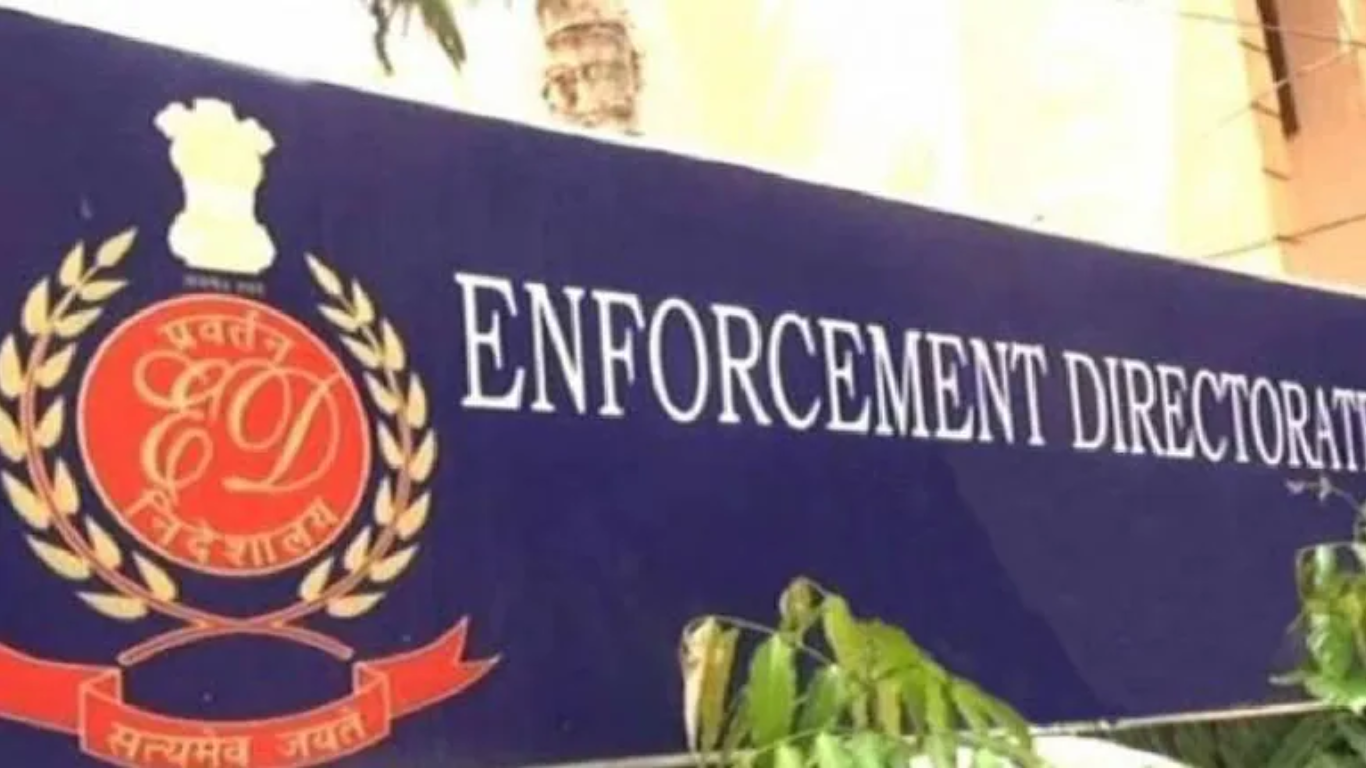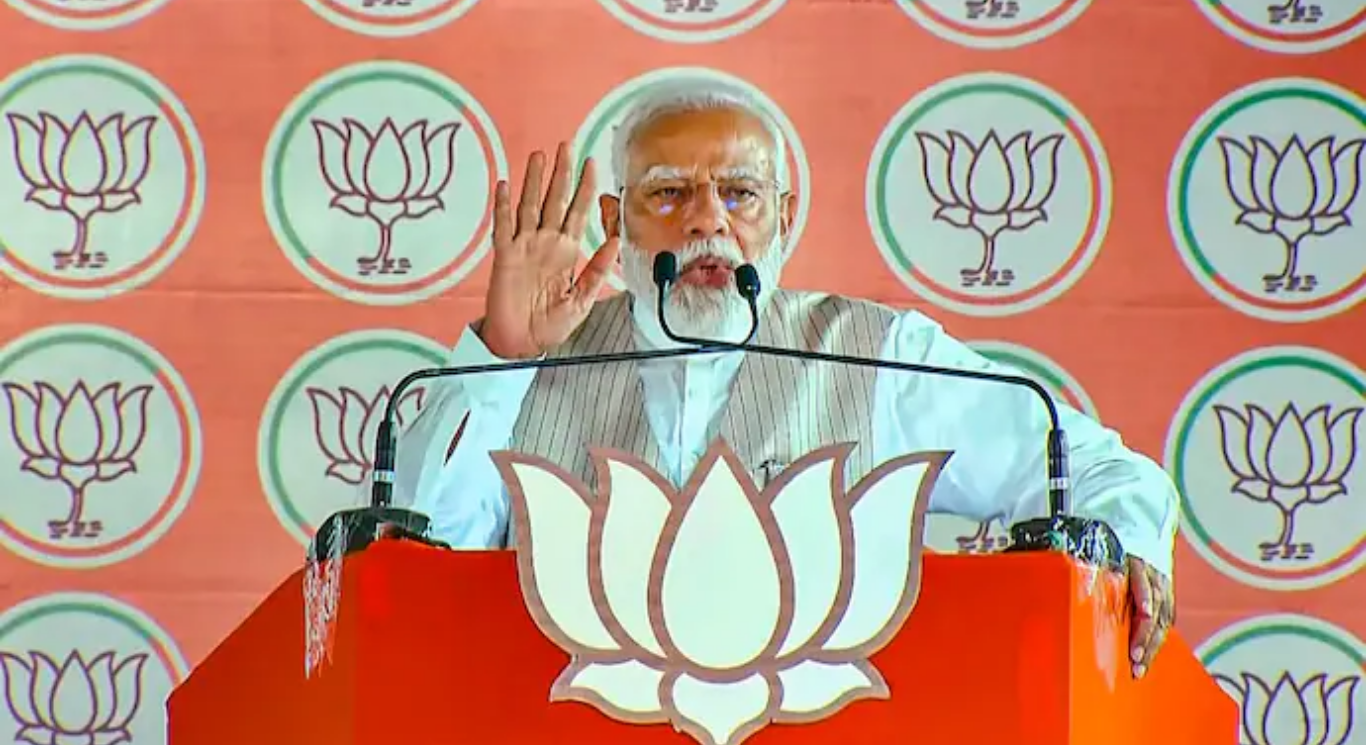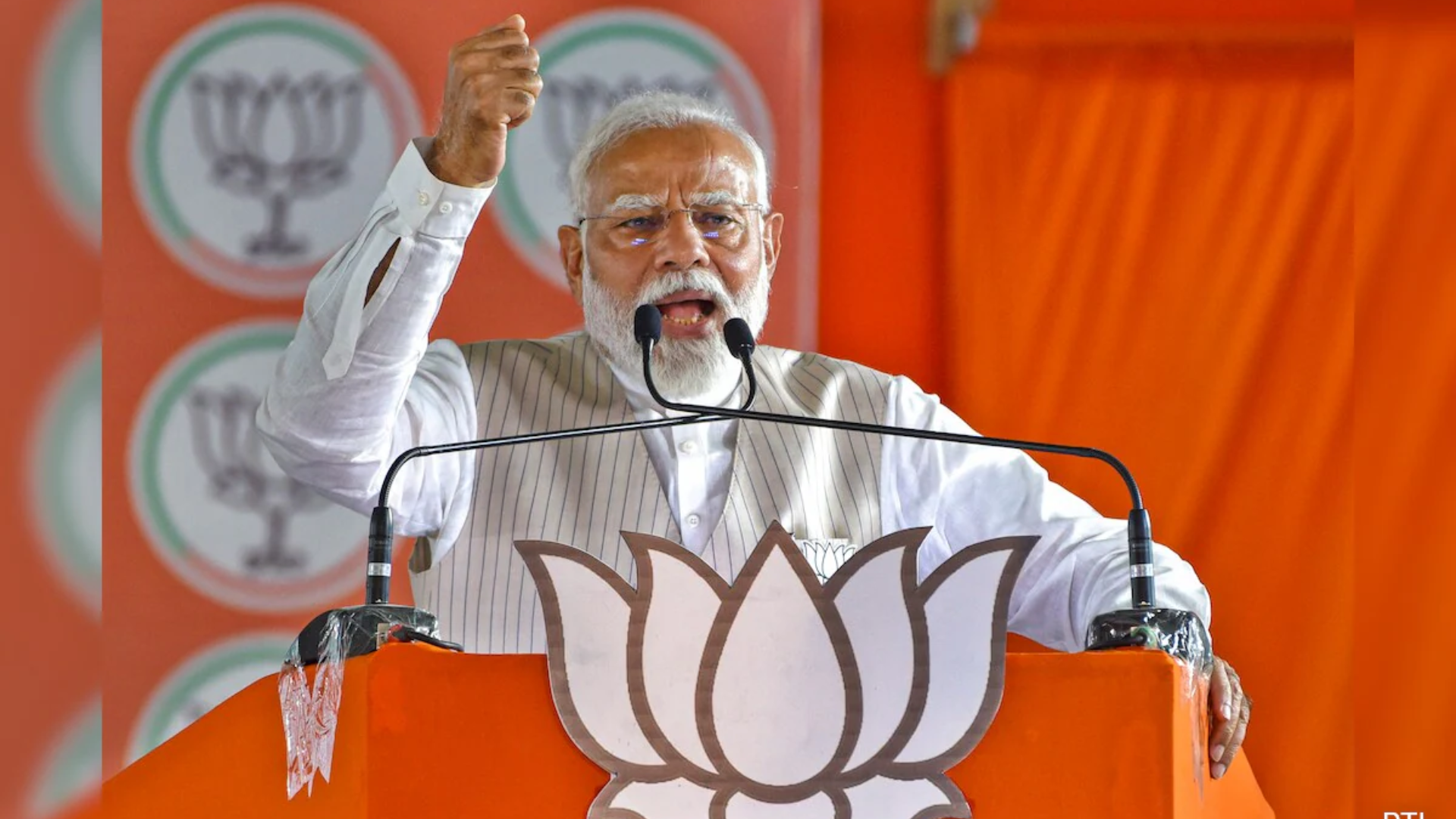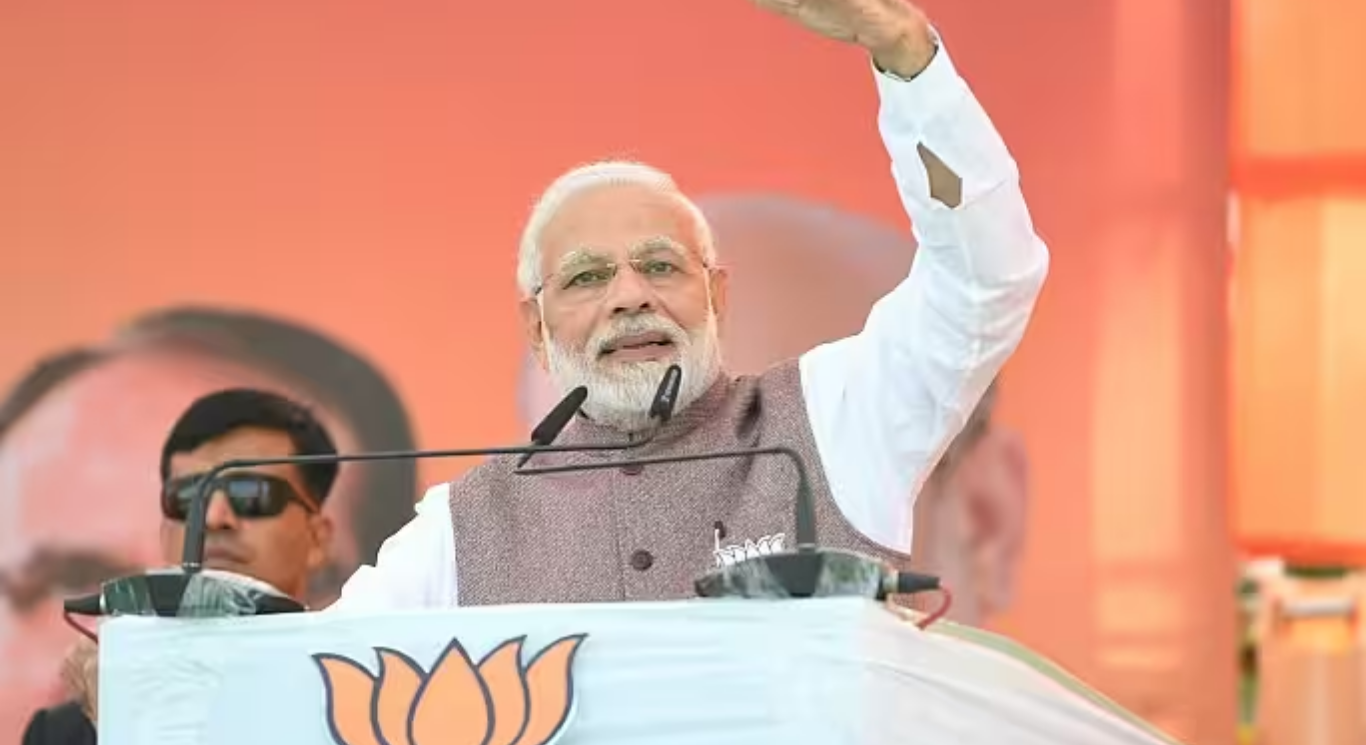


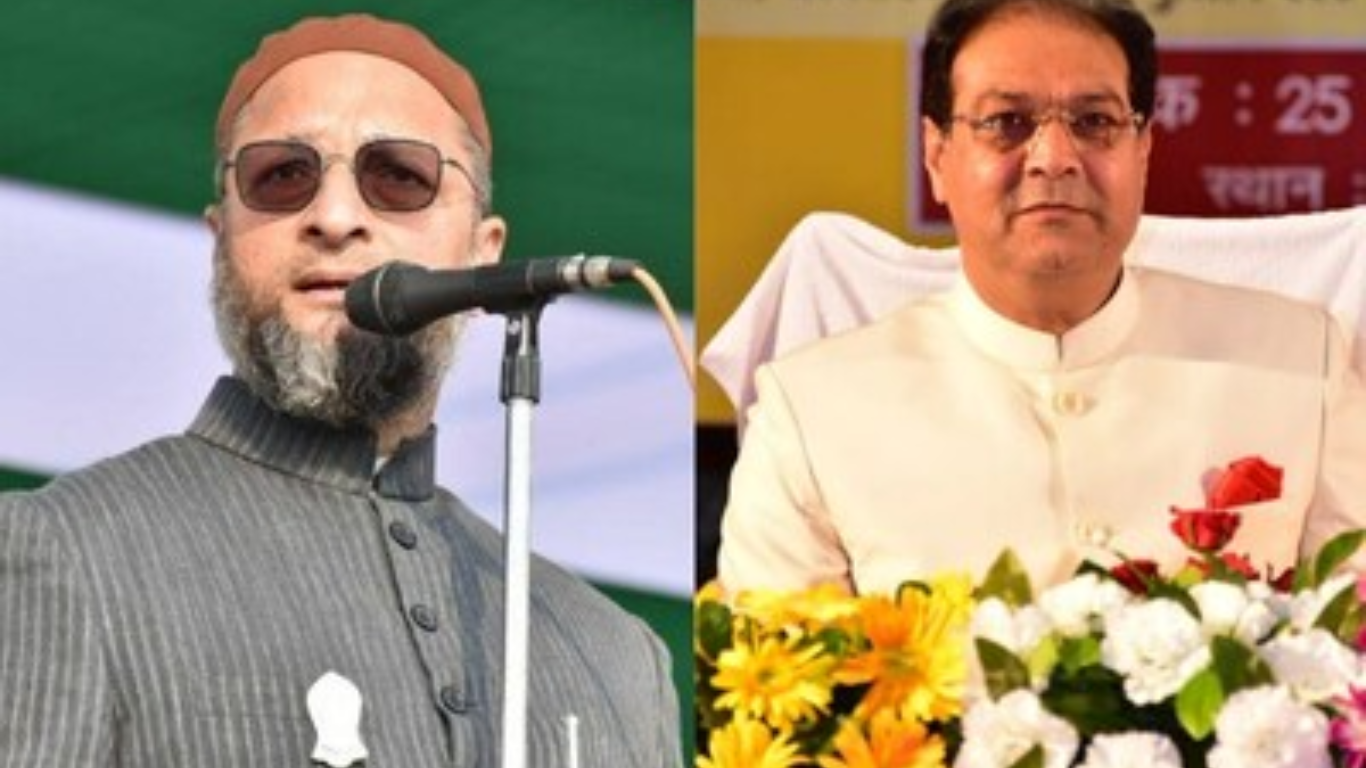
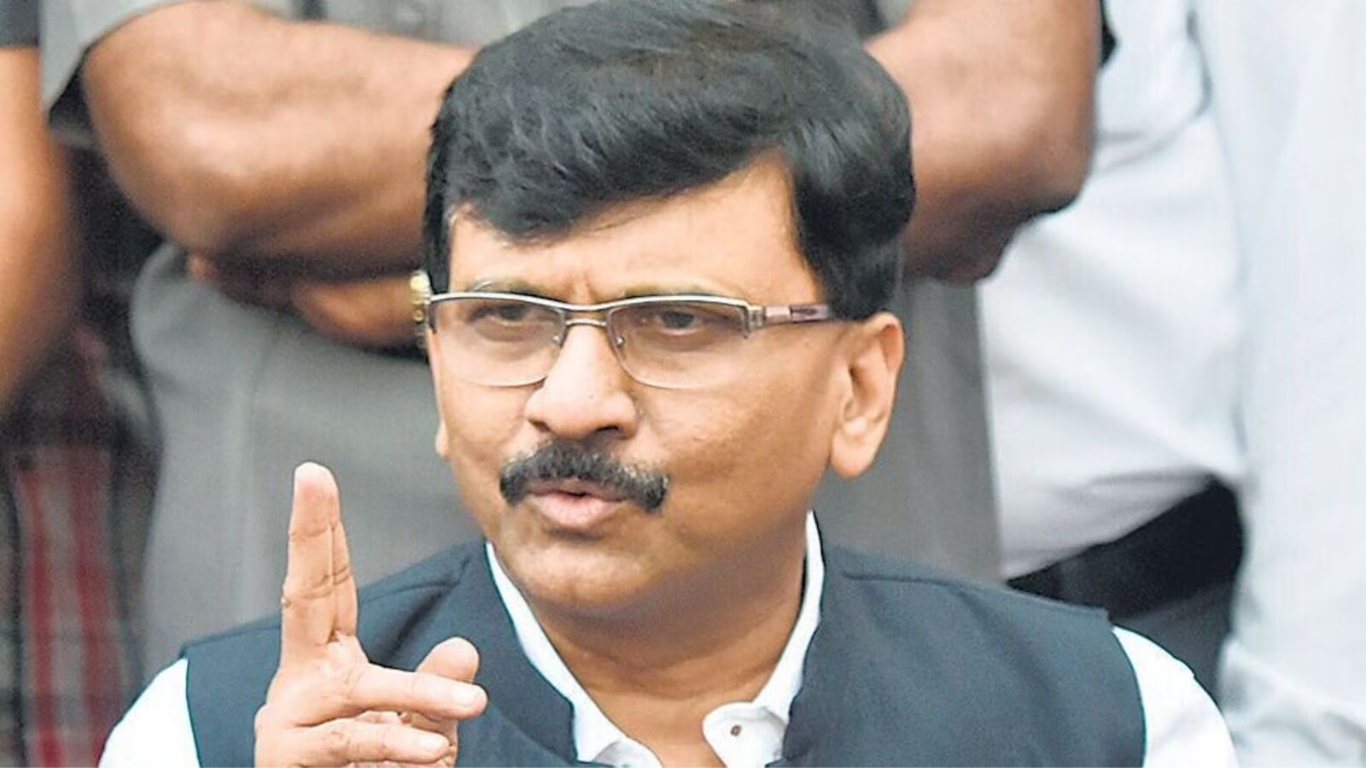

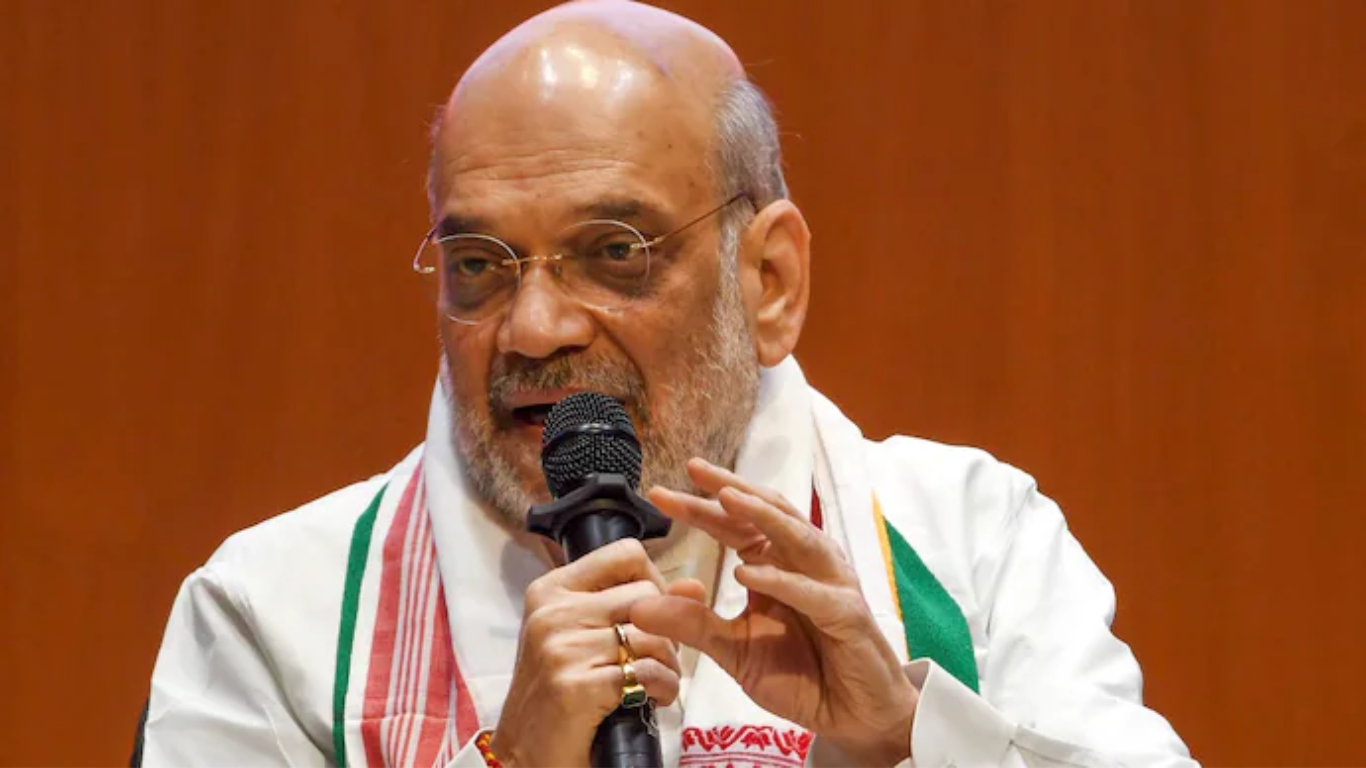



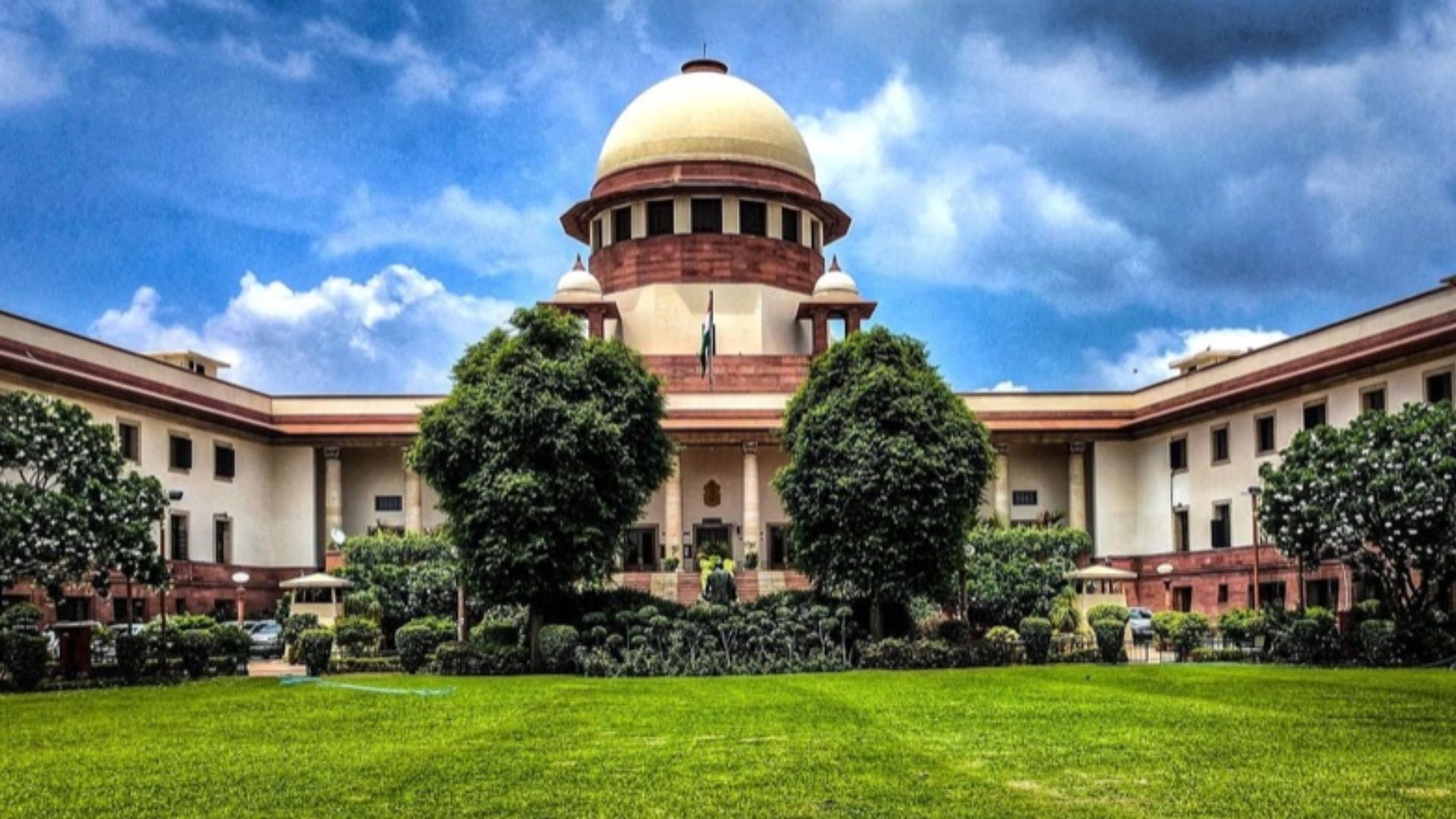
In a significant judgment, the Supreme Court of India today on Feb 15 strikes down electoral bonds scheme as “unconstitutional”. The Court reached a unanimous decision on a series of petitions challenging the legal validity of the central government’s electoral bond scheme, which permitted anonymous funding to political parties.
CJI said, “Allowing corporates to make unlimited contributions is arbitrary. The contributions made by corporates are purely business transactions for influencing policy. Earlier, only a certain percentage of net profit was allowed to be made”.
The Supreme Court stated that the right to privacy does not encompass contributions aimed at influencing policy and that the government has failed to prove that electoral bonds are the least restrictive method of political funding concerning the right to information. In its ruling, the Supreme Court determined that electoral bonds contravene the right to information as enshrined in Article 19(1)(a).
The Supreme Court emphasized that political parties are integral components of the electoral process, and having information about their funding is crucial for making informed electoral decisions.

